The highlight of this year’s Piobaireachd Society Conference had to be the playing of Iain Speirs, writes PS Vice President Robert Wallace. Iain, the consummate professional, was asked to illustrate a paper given by John Shone on the life and career of one of the greatest pipers of all time, Donald MacPherson. With a beautifully set pipe, Iain thrilled the large number of attendees with outstanding performances of ceol beag, the urlars of the Lament for Colin Roy MacKenzie and In Praise of Morag and a complete performance of Scarce of Fishing. The banqueting hall at the Birnam Hotel can seldom have heard a better instrument (grandfather Jock’s ivory Hendersons), its sonorous tones soaring to the heights of the vaulted roof space and lifting the spirits of all those lucky enough to hear it. It goes without saying that the playing was finger perfect and full of melodic flow. Iain finished to sincere and grateful applause, and his father Tom, listening in the audience, must have been a very proud man. Click below for a video of Iain playing.
The day had begun with a welcome from President Jack Taylor. He pointed out the wide geographical background of the assembled members, those from France and Denmark (P/M Bob Kilgour) joining regulars from England and Scotland. Then to the first paper. In a change to the original agreed programme, respected historian Keith Sanger talked of the early days of piping from the 18th to the mid 19th centuries. One interesting fact to emerge was, we were told, that there were more Highland pipers on the Government side in the ’45 rebellion than there were on the Jacobite. More evidence if we needed it that this conflict had anything but a north-south split.
Next on was a video presentation by Allan Hamilton. For the purposes of the conference he had taken clips from various interviews in his ‘Pipers Persuasion‘ series and melded them into a film discussion on the merits or otherwise of modern piobaireachd. Especially noteworthy here was David Murray describing the march and mystery of that day in the Highland mist that led to John MacLellan’s wonderful composition, the Phantom Piper of the Corrieyairack. The film must have taken many hours to put together and apart from Col. Murray featured Andrew Wright, John Wilson, Norman Matheson (refusing to be drawn), Jack Taylor, Colin MacLellan, Duncan Watson (not refusing to be drawn) and an audio courtesy of the BBC of John MacFadyen interviewing Donald MacLeod. John described Donald as the greatest living composer of light music and Donald himself, modesty personified, refused to believe that he could ever write anything to compare with the great classics of the ceol mor canon. Given more time on God’s earth I have no doubt that he would have.
I was on next to deliver my verdict on two new books on ceol mor, Andrew Wright’s ‘General Principles‘ and Jimmy McIntosh’s ‘Ceol Mor‘. I said that I thought the intention of both were neatly summed up in the quote I used in the intro to Andrew’s book. It was from cellist Paul Tortellier: ‘You think it is a small thing, but the small things are great things in art.’ Further, in the same introduction, I say, ‘This is pivotal to the endeavours of those who strive to teach the rules that govern the successful delivery of ceol mor: note length differentiation, how to establish and maintain rhythmic structure, how to time the common motifs and how small shifts of emphasis can vitalise even the most basic of melodies.’
Both books, professionally laid out in clear typefaces within attractive page designs, were, then, concerned with subtleties; the difference between the prosaic and the inspired. I turned to Andrew’s firstly, and professed difficulty in being objective given my close involvement with it. It had 85 pages and 16 chapters ranging through cadences to canntaireachd and phrase structure. There was a detailed look at 15 tunes and many others were touched on throughout the work.
Andrew advised companion reference to the Piobaireachd Society books too, not because they were necessarily the best way of writing down the tunes, but because they were consistent, readily available and universally understood. Early on he dismissed the use of names as a guide to interpretation; better the melody.
As regards interpretation I quoted: ‘Playing piobaireachd can be likened to a journey; we can either wander our way haphazardly to our destination (the end of the tune) or we can plan our trip, take the most logical and rewarding route and point out places of interest on the way – the latter should always be the choice of the true musician.’
Turning then to ‘Ceol Mor in the Balmoral Tradition’ by Jimmy McIntosh, I brandished my copy which showed clearly that it was a much bigger publication. It had 140 pages and detailed instruction on 70 tunes — and a number of errors which would be corrected in the second edition. This book had much more on the author himself and it provided interesting reading amid a collection of historic photographs.
Piobaireachd embellishments and the way we write them were considered in detail and the author believed that we wrote them incorrectly today, hinting that this may be one cause of the declining crunluaths that we hear even among the top players. I demonstrated what he meant on the practice chanter and did the same when I came to the section on John MacDonald’s crunluath exercise.
I commented on the absence of time signatures (I prefer their use) but Jimmy explains: ‘I have decided, [that] as all my teaching derived and focussed on ORAL interpretation of piobaireachd, to write out the music not with time signatures or bar lines, but to show it in melodic phrases, as accurately as possible to the teaching of my teachers Bob Brown and Bob Nicol.’
Summing up I said we were fortunate to have these important educational works to add to our library of piobaireachd literature. Both authors were to be congratulated for getting the job done and I urged all with a story to tell about the great music to get it down on paper or screen. What may seem inconsequential now may grow in importance as the years roll on.
Both these books concerned, largely, the legacy of the teaching of John MacDonald, Inverness. There would be other piobaireachd traditions to write of, maybe that of the Camerons, MacDougall Gillies and Robert Reid, for, as John MacDonald showed with his search for knowledge from the those self-same Camerons and the MacDonalds of Morar, we should not confine ourselves to only the one mantra when it comes to interpreting our music.
Finally I closed with a mention of the ‘Masters of Piobaireachd‘ recordings made by RU Brown and RB Nicol. Here we had, recorded for posterity, MacDonald’s teaching in oral form and that was a form that would always enhance written instruction no matter how well it was set out and explained in books such as those under discussion.
The afternoon, and the Donald MacPherson paper, and how pleasant to see his widow Gwen and her daughters in the audience. They must have been delighted with the re-telling of Donald’s life in music, as indeed we all were. Incidentally, stay tuned to pipingpress.com for more on Donald in the near future.
Dinner and the evening ceilidh and I had the pleasure of sitting with medics Jim Dougall, and John and Robert Frater. Never a dull moment and then the piping with tunes from, among others, Allan Hamilton (Lament for the Only Son), Tommy Graham (Lament for Patrick Og), Bill Wotherspoon (Sutherland’s Gathering), Walter Gray (Massacre of Glencoe), Anne Lore (Duke of Atholl’s Salute), Alan Forbes (Red Hector MacLean’s Lament from the nascent Book 16), Andrew Frater (Too Long in this Condition), Robert Frater (Phantom Piper) and apologies to any I missed. One disappointment was the non-appearance of the two young pipers granted a Piobaireachd Society study bursary last year. Hitherto this has been the responsibility of the College of Piping to arrange. Some shots from the ceilidh:
Sunday morning and we had an exposition of tunes from the aforementioned Book 16. One of the editors, Alan Forbes, lucidly outlined the book’s contents and the many years of work involved in compiling it. Three pipers, Andrew Wright, John Frater and Bill Wotherspoon, then played parts of tunes from it. Immediately attractive were the Brothers Lament and a Nameless tune from the MacDougall Gillies MS first brought to public attention in a wee magazine I used to edit.
To the AGM and a report of healthy finances, healthy 600+ membership and healthy office bearers, all re-elected by acclaim.
• The Piobaireachd Society Annual Conference held at the Birnam Hotel, Perthshire, March 21/22, 2015.










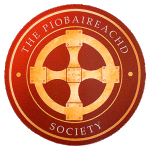
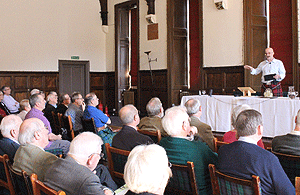
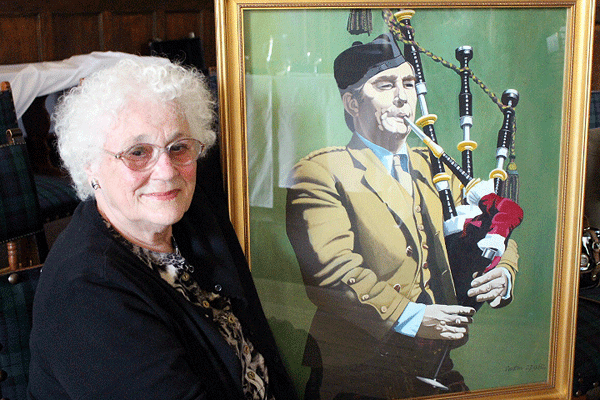
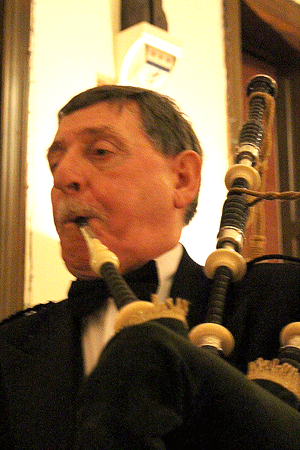
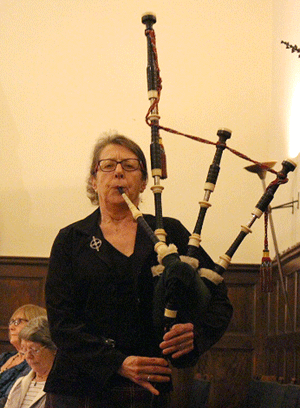
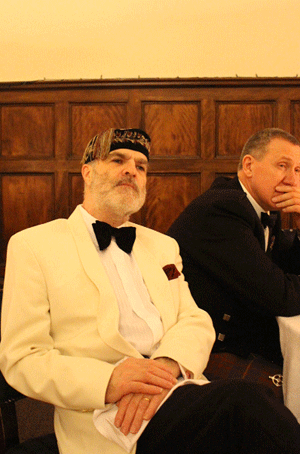
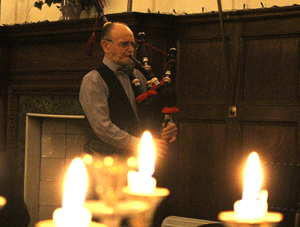
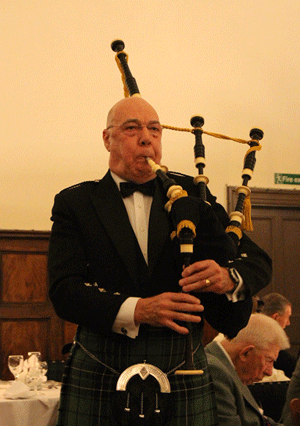
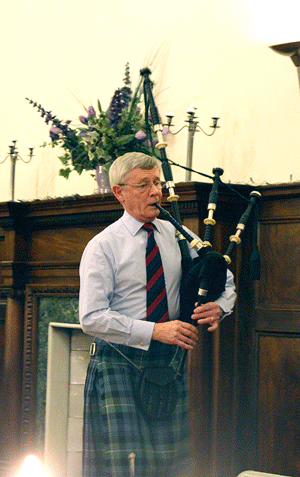
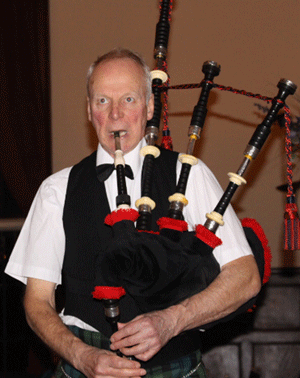
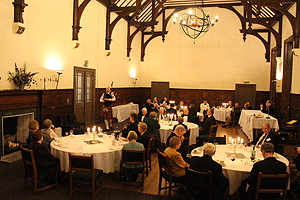





Recent Comments